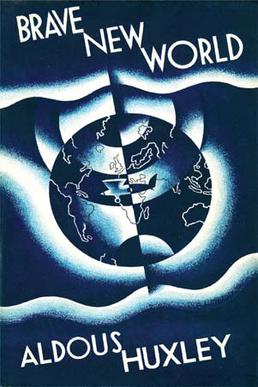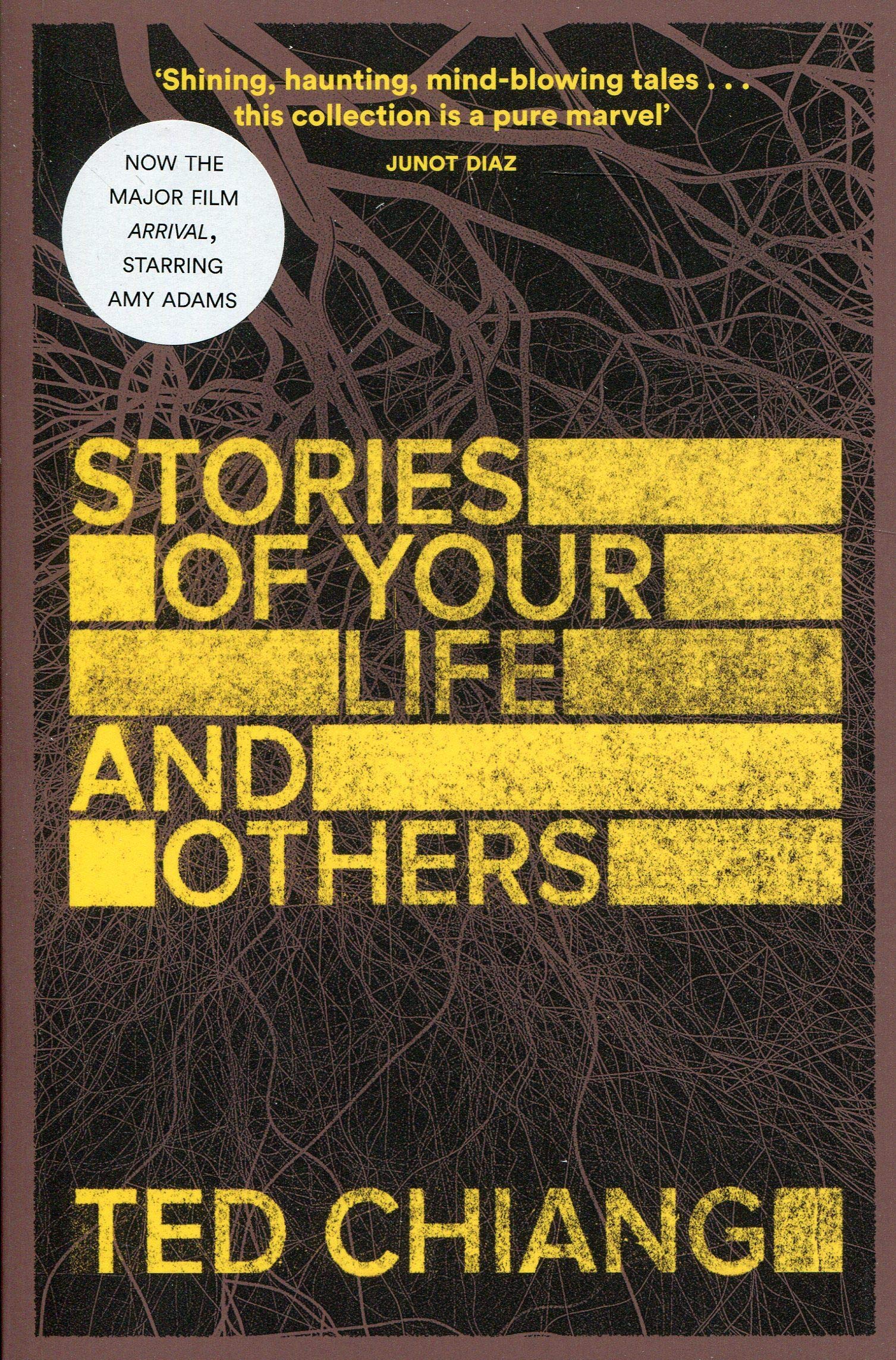
By Nirat Bhatnagar:
Science-fiction & fantasy storytelling has a very rich tradition of tackling themes of inclusion, exclusion, prejudice, and discrimination. And of providing textured commentaries on topics involving gender, sexuality, race, disability, and more. We are excited to put together lists featuring some of our favourites so do stay tuned.
Five sci-fiction that tackle questions related to colonialism, power, race, sexuality, peace, and building understanding.
- Lord Of Light by Roger Zelazny: Zelazny is often ranked as one of the best scifi writers who is perhaps better at bringing in aspects of fantasy than writers such as Clarke and Heinlein. Lord of Light is one of my favourite books set in the far future where individuals from a really advanced civilization assume the names of Gods from the Hindu pantheon and “rule over mortals”. Though the stated objective is to help these people, in truth, the Gods want to not lose their positions of power. Sam, or Buddha, feels differently and wants to disrupt the status quo and this sets up one of the most exciting stories that directly address issues of power and theme of colonialism and supremacy.

- Brave New World by Aldous Huxley: It is hard to find a list of dystopian fiction that does not feature this book. We’ve decided to include it in this science fiction listicle because it does talk about biologically controlled intelligence, reproduction, and determination of a sort that is still in the future. Set in 26th century London, the novel describes how citizens are categorised and engineered into predetermined classes who then meet significantly different lives. The book continues to hold a mirror to us in these divisive times.

- Lilith’s Brood by Octavia Butler. This trilogy comprising Dawn, Adulthood Rites, & Imago, by Octavia Butler is a profound exploration of race, gender, and sexuality. Humans and the alien Oankali species live together in a complex, dynamic that has hybrid children, “pure settlements”, and an uneasy equilibrium. A must read for those interested in questions of race, “othering”, and what tensions exist in creating diverse multicultural societies.

- Left Hand Of Darkness by Ursula K. Le Guin. Ursula Guin’s writing is hard to classify but definitely qualifies as some of the most original thinking on themes of inclusion, gender, peace, and impulses within humankind that drive some of our worst and our best behaviour. The Left Hand Of Darkness, a classic first published in the 1960s, gets described as a truly pioneering sci-fi book on gender, but also deserves recognition for the other theme that shines through the book: people choosing inclusion and integration versus wanting to remain separate and erecting fences.

- Stories Of Your Life And Others by Ted Chiang. Ted Chiang has won several Hugo and Nebula Awards but his work stands out for how it goes deep into universal human themes. This collection of stories includes “The Story Of Your Life” which was the basis of the award winning film Arrival and is a moving meditation on the art of communicating with beings very unlike oneself. One of the most important questions while thinking about creating inclusive societies.

Recent Posts
- No Child’s Play: A Case for Diversity in Children’s Literature
- 7 Must-read books on the intersection of identity and mental health
- 5 Books that Address Social Justice and Prejudice in Museum Spaces
- 7 Interesting Books That Reflected Diversity in 2019
- 3 Female Characters In Classic Literature Who Taught Me About Feminism Early On
Recent Comments